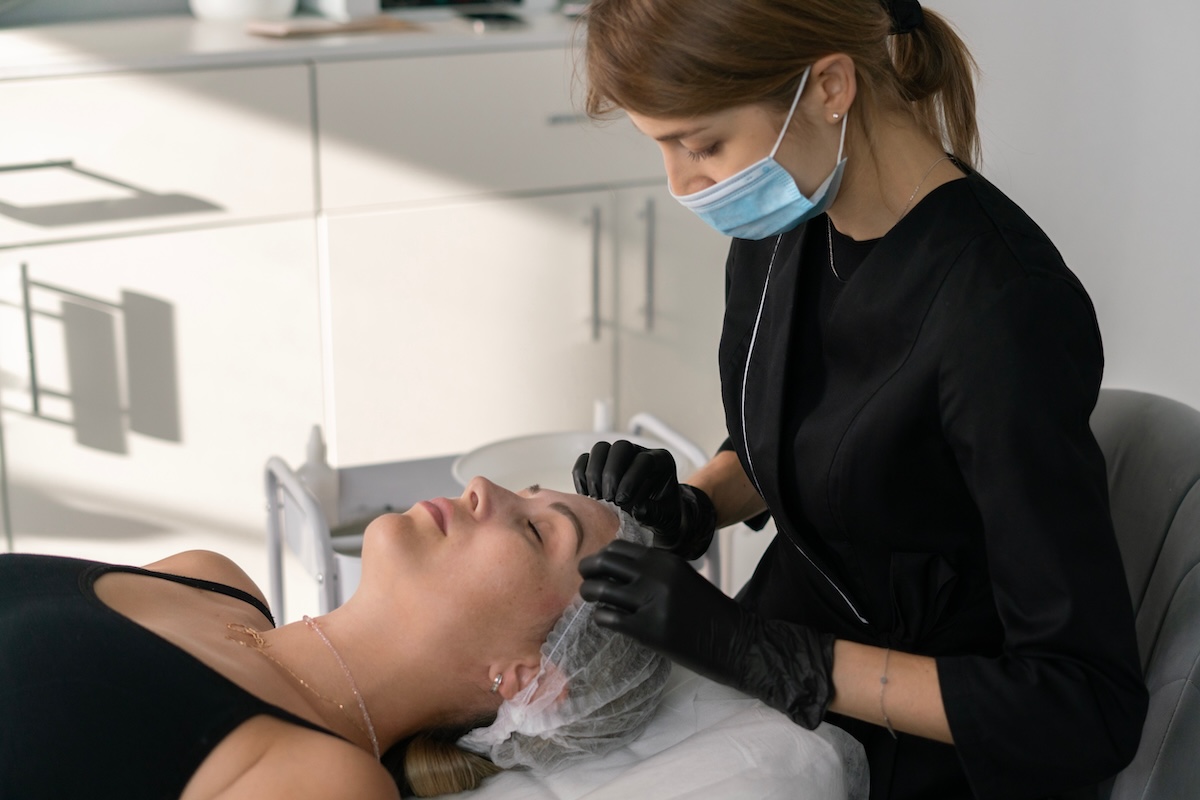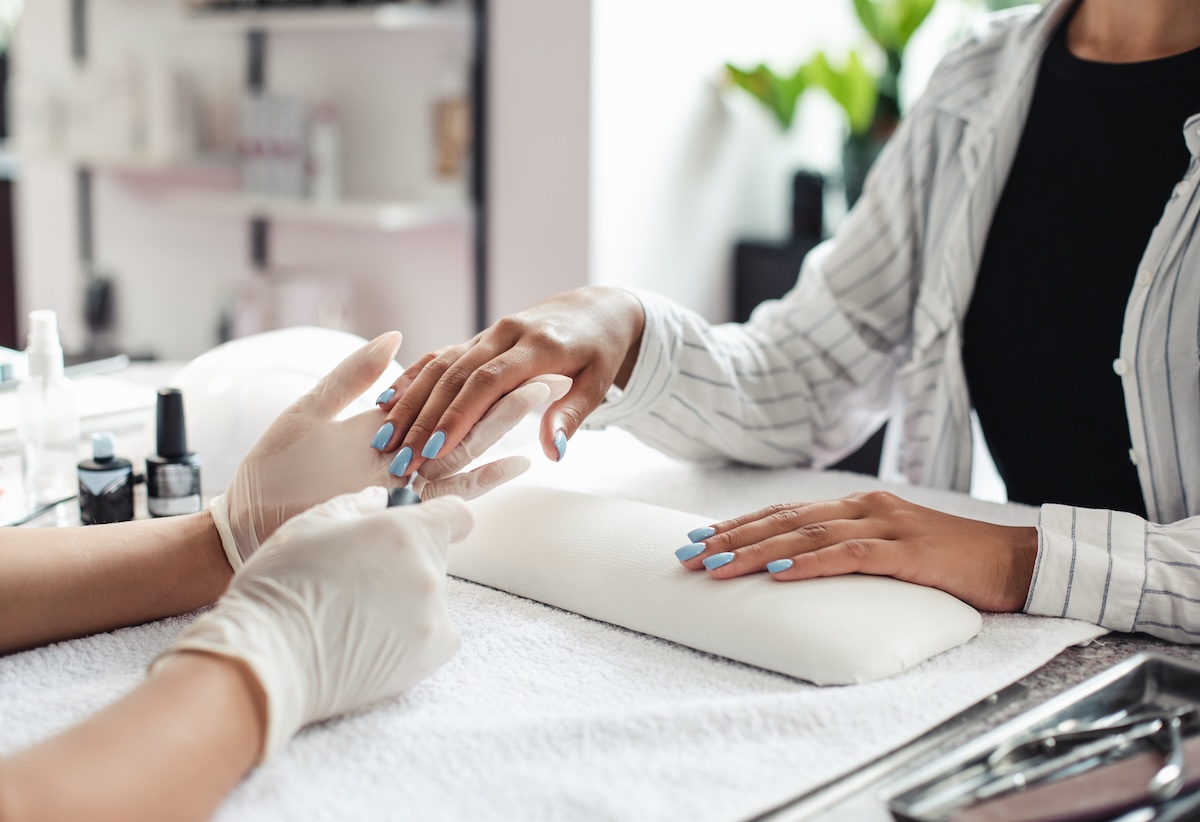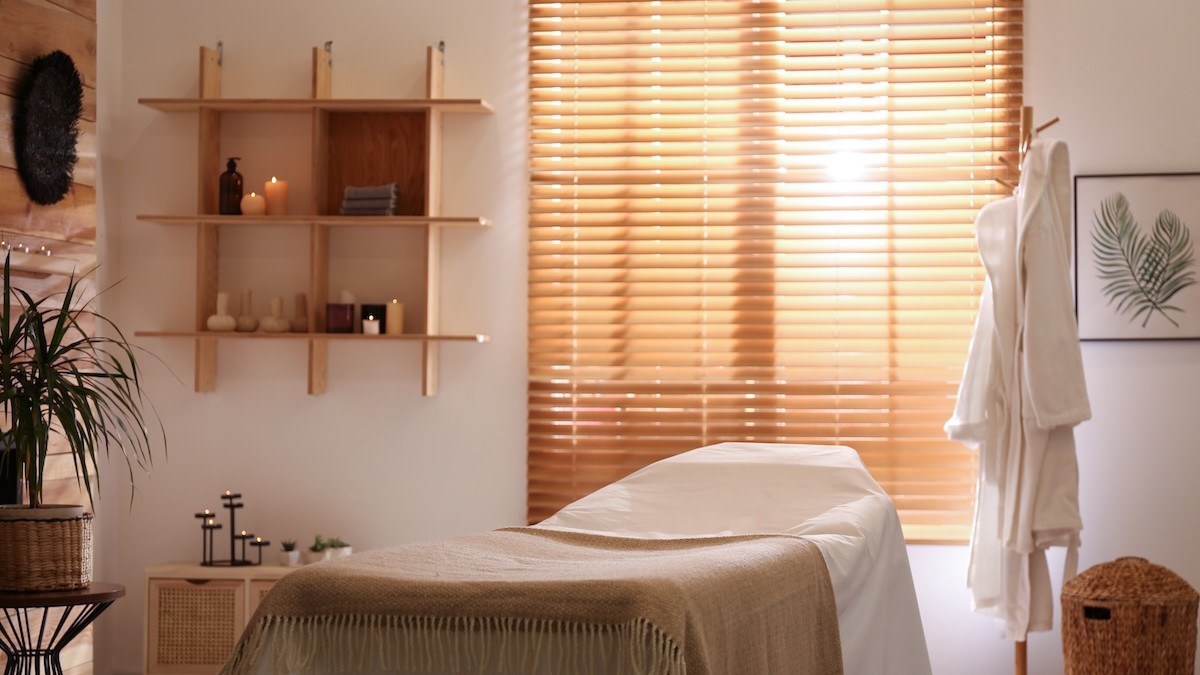From sensory-friendly spaces to tailored communication, beauty businesses are finding new ways to create welcoming, stress-free experiences for autistic clients
Autism, or autism spectrum disorder (ASD), is a neurodevelopmental difference that can affect how a person processes sensory input and communicates.
In the UK, an estimated 700,000 people are autistic, and while this figure might not sound like a lot, recent research suggests a significant number of autistic people may not be formally diagnosed, with estimates suggesting the total population could be over 1.2 million in England alone according to a study by UCL.
Many beauty salons still operate in ways that unintentionally exclude autistic clients – elements like bright lighting, loud equipment, strong scents and unexpected touch can overwhelm the senses, creating stress or anxiety.
This is why an autism-friendly salon or sensory-friendly beauty treatment is so important; it helps reduce sensory triggers, making the experience calmer and more enjoyable for neurodiverse clients, and ensures they can access the confidence and self-care benefits of professional treatments.
For salon owners, creating an autism-friendly salon isn’t just the ethical thing to do, it’s also a smart business move.
By making small, intentional adjustments, you can open your doors to a wider client base, improve retention and set your business apart in an industry where inclusivity is increasingly valued.
We spoke to Lauren Hosannah, owner of The Lash Surgery in Tooting, and Katie Thatcher, owner of The Beauty Box in Buckingham, to find out how they’ve adapted their businesses to be more inclusive for autistic clients and the positive impact it’s had.
Why salons should prioritise inclusivity
For Hosannah, her journey to becoming a sensory-friendly salon was informed by her professional background in psychology.
She says, “The decision was both personal and professional. My background is in psychology and I worked closely with neurodiverse individuals, which gave me deep insight into how sensory environments, communication styles and routine can affect their experience.
“When I opened The Lash Surgery, these lessons naturally informed how I designed our salon space and services.”
Meanwhile, Thatcher’s drive comes from lived experience. She explains, “My children are the ones who inspired me to educate myself and embrace any neurodiversity.
“Our saying is ‘normalise what’s normal’ and it’s why it was important for me to also embrace our views within my business as well as my home life.”

Common challenges autistic clients face in salons
Processing sensory information
While everyone on the autism spectrum is unique, many autistic people process sensory information differently, which can make certain environments overwhelming.
In a salon setting, bright lights, loud devices, strong product scents and unexpected physical touch can trigger sensory overload, leading to feelings of anxiety, discomfort or distress.
Social factors, such as unfamiliar surroundings, changes to routine or difficulty with verbal communication, can also add to the stress.
For some autistic clients, these challenges may result in avoiding beauty treatments altogether, missing out on the confidence and wellbeing benefits they can bring.
Hosannah explains, “Salon environments can be full of sensory triggers. We make this easier with clear signage, accessible directions and the option to meet clients at the entrance if they’ve booked a sensory-friendly appointment.”
At The Beauty Box, Thatcher offers similar adjustments. She says, “I appreciate that for someone who is autistic a salon visit can be challenging.
“We have lighting alternatives, fidget toys and appointment times when I’m the only person in the salon so we can guarantee it will be quiet.”
Autism and communication
Autism can affect communication in a variety of ways, from understanding verbal instructions to interpreting body language or facial expressions.
Some autistic people may prefer direct, literal language and need extra processing time before responding, while others might use alternative communication methods such as written notes, visual aids or assistive technology.
In a salon, this means therapists may need to adapt their approach – for example, by explaining each step clearly, checking for understanding, and offering options for non-verbal feedback – to ensure the client feels comfortable and understood.
Hosannah explains, “We understand that communication styles vary widely. Our consultation forms also include a section where clients can disclose if they are neurodiverse or would like a sensory-friendly service at no extra charge.”
At The Beauty Box, Thatcher offers multiple booking and communication options: “Online, email or over the phone – or they are welcome to pop in.
“We also allow clients to disclose neurodivergence on the form to help remove some anxiety.”

Practical, low-cost ways to make your salon autism-friendly
Transforming your beauty space into an autism-friendly salon doesn’t need to be expensive, and many of the most effective changes are free.
At The Lash Surgery, these include:
- Lighting control – dimmable lighting for treatments, with advance notice if strong lighting is necessary.
- Sound management – offering noise-cancelling headphones, disposable earplugs or silent appointments.
- Fragrance awareness – asking before using candles or diffusers.
- Comfort options – different blanket textures, warmed cleansing water and detailed explanations of every step.
- Accessible booking – online booking with Vagaro, email consultations, visual tools and side-by-side seating to reduce social pressure.
Hosannah notes, “The most powerful changes often come from a mindset shift – seeing inclusion as part of your service, not an optional extra.”
At The Beauty Box, sensory-friendly adaptations include:
- A quiet reception area with soft lighting and a private relaxation lounge.
- Coloured consultation forms to assist clients with visual processing needs.
- Private appointment slots for those who prefer a one-to-one environment.
- Collaboration with carers where preferred.
Thatcher says, It’s my wish that this also makes them realise that we are completely inclusive.”
Why inclusivity makes business sense
While both owners stress that their goal is accessibility in beauty services, not profit, they’ve seen clear business benefits.
Hosannah says, “One of the biggest benefits has been stronger client retention and loyalty, even among neurotypical clients. With one in eight people in the UK identifying as neurodiverse, it’s time for the beauty industry to become a safe, accessible space for all.”
Thatcher has had similar results: “It has made us more accessible for anyone who feels anxious about a salon environment. For me it was never about getting busier or making more money.”

How salons can show they’re autism-friendly to clients
While some salons may have already taken steps to become autism-friendly, the next challenge is letting potential clients know their space is welcoming and accommodating.
Salon owners can communicate that their business is autistic-friendly by using clear, welcoming messaging across multiple channels.
This might include mentioning autism-friendly services on their website, social media and booking platforms, highlighting staff training, quieter appointment times or sensory-conscious practices.
Simple phrases like “calm environment”, “flexible appointment times” or “staff trained in supporting neurodiverse clients” signal inclusivity.
Providing detailed service descriptions and offering pre-visit consultations or virtual tours can also help potential clients feel informed and confident before they arrive.
First steps for salon owners
If you want to introduce inclusive salon services but aren’t sure where to begin, both Hosannah and Thatcher agree on the same starting point: education.
Thatcher advises, “Do your research… Once you start to talk about implementing some positive changes into your business you will realise that statistically over half the people you talk to will be neurodiverse and they will have some great ideas for you.”
Hosannah adds, “Start with education. Something as simple as asking, ‘Do you have any sensory needs or preferences for your appointment?’ and genuinely listening to the answer can make a huge difference.”
Both salon owners are now using their expertise to train others. Hosannah is launching an online neurodiversity course for beauty professionals, while Thatcher is developing a course to help salons and spas improve the experience for neurodiverse clients and staff.
Their shared message to the industry is simple: inclusivity should be standard, not an exception.
Thatcher sums it up: “Normal is different things to different people. We need to be kind and understanding to everyone who walks through our doors.”
You might also like:



.webp)
